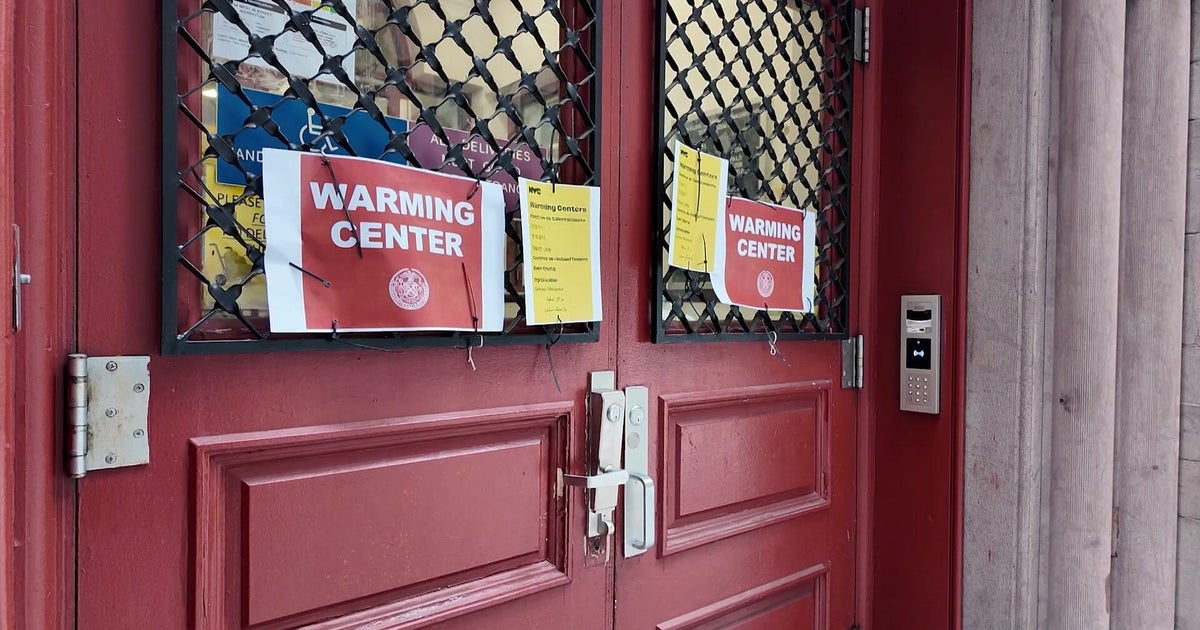In new effort to reset flu shot expectations, CDC to avoid messages that "could be seen as a scare tactic"
The Centers for Disease Control and Prevention says it has launched a new public relations campaign this year to "reset expectations" around the influenza vaccine, after the agency's consumer research found some Americans misunderstand the benefits of the annual shot.
"People are more likely to perceive messages as credible and trustworthy if they set realistic expectations about what vaccines can and cannot do," the CDC's Sara Dodge Ramey told a panel of federal vaccine advisers at a meeting Friday.
Ramey said the agency's new "Wild to Mild" campaign had been created as the result of a dozen focus groups in June and July earlier this year.
That led to them rolling out a campaign this year carefully crafted to "avoid messages that could be seen as a scare tactic," she said, acknowledging some voiced "fatigue" around talking about important steps to avoid dying from respiratory diseases this fall and winter.
"There were mixed feelings about vaccines. Some were adamant about getting all recommended vaccines. Some believed they were ineffective or unnecessary, with most landing in the middle of the two extremes," she said.
The new campaign, which Ramey said "had a soft launch" online in August, aims to emphasize "a strong and growing body of evidence that flu vaccination reduces the risk of serious outcomes in people who get vaccinated but still get sick."
After improving over several years, the CDC's surveys suggest rates of seasonal flu vaccination have largely plateaued nationwide following the COVID-19 pandemic.
A little more than half of Americans said they had gotten the shot. Some age groups, like children ages 5 through 17 years old, reported lower rates than before the pandemic.
It comes as officials are bracing for a return of an uptick in infections over the colder months from three different viruses – COVID-19, flu, and RSV, or respiratory syncytial virus – that federal disease forecasters anticipate could strain hospitals again this year.
Levels of flu remain largely low in most parts of the country, the CDC says, but have begun to climb in some jurisdictions. Some labs have also started to report increasing positive tests of RSV in patients, especially in the Southeast.
Emergency room visits with COVID-19 have been slowing in recent weeks nationwide after a peak from a surge that started in the late summer. Following summer and fall waves, previous years have seen renewed surges of the virus during the colder months.
Beyond just flu, Ramey said the agency is also preparing separate efforts to boost awareness around the "general pan-respiratory season."
"The term 'viral respiratory disease season' seemed long and unnecessary and an escalation that felt scary to many. Most participants preferred 'flu' or 'cold and flu' season or 'fall and winter,'" she said.
The CDC's advice on how to avoid catching and spreading these three viruses has not changed much since last year. However, for the first time, all three viruses now also have new vaccines.
Recently-approved RSV vaccines are now available for older adults and pregnant mothers. Redesigned COVID-19 and flu vaccines are also now rolling out for virtually all Americans.
"When vaccines were included in a list of prevention activities, some people pointed out that listing it first could detract from the value of the list, although they would be okay with seeing vaccines somewhere on the list, just not first," Ramey said.







